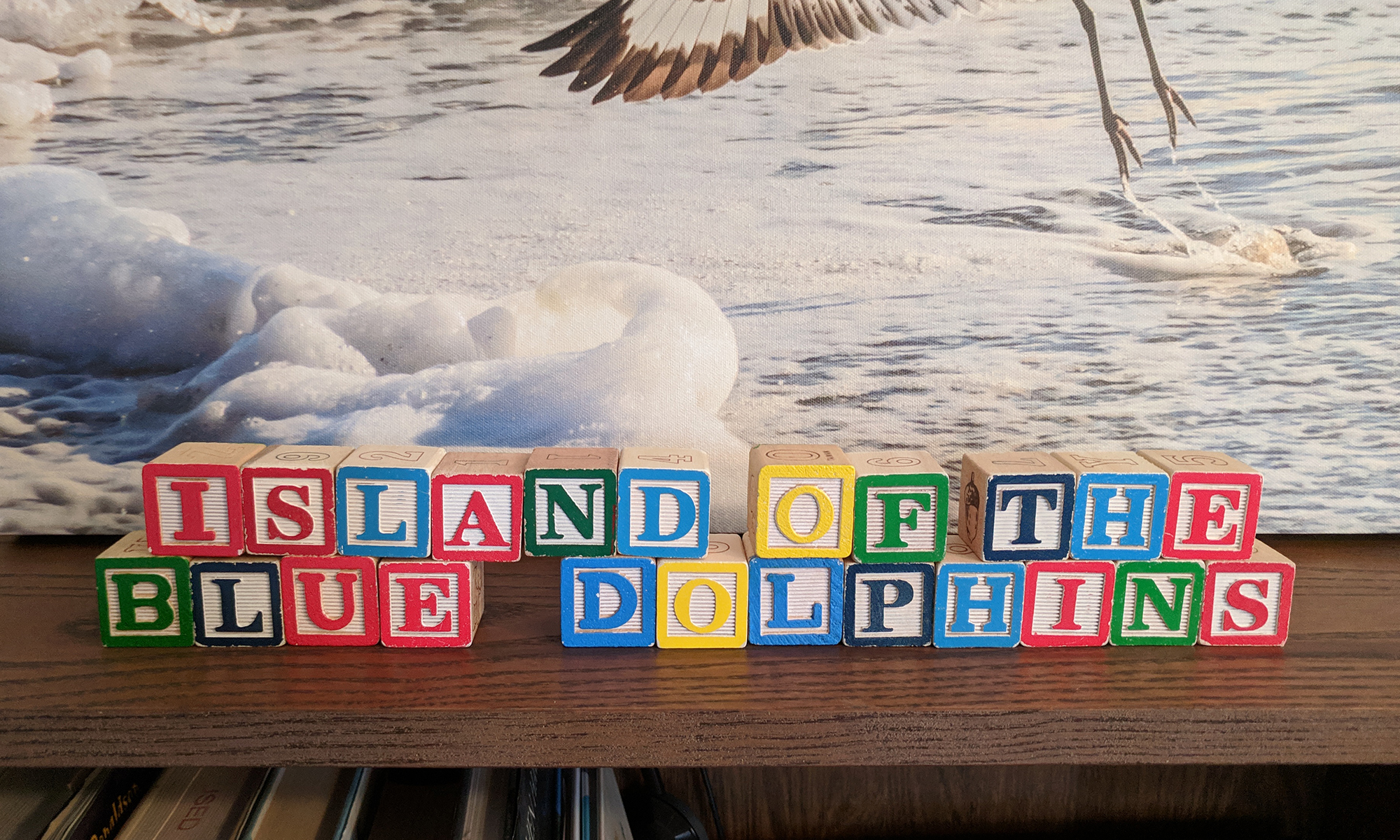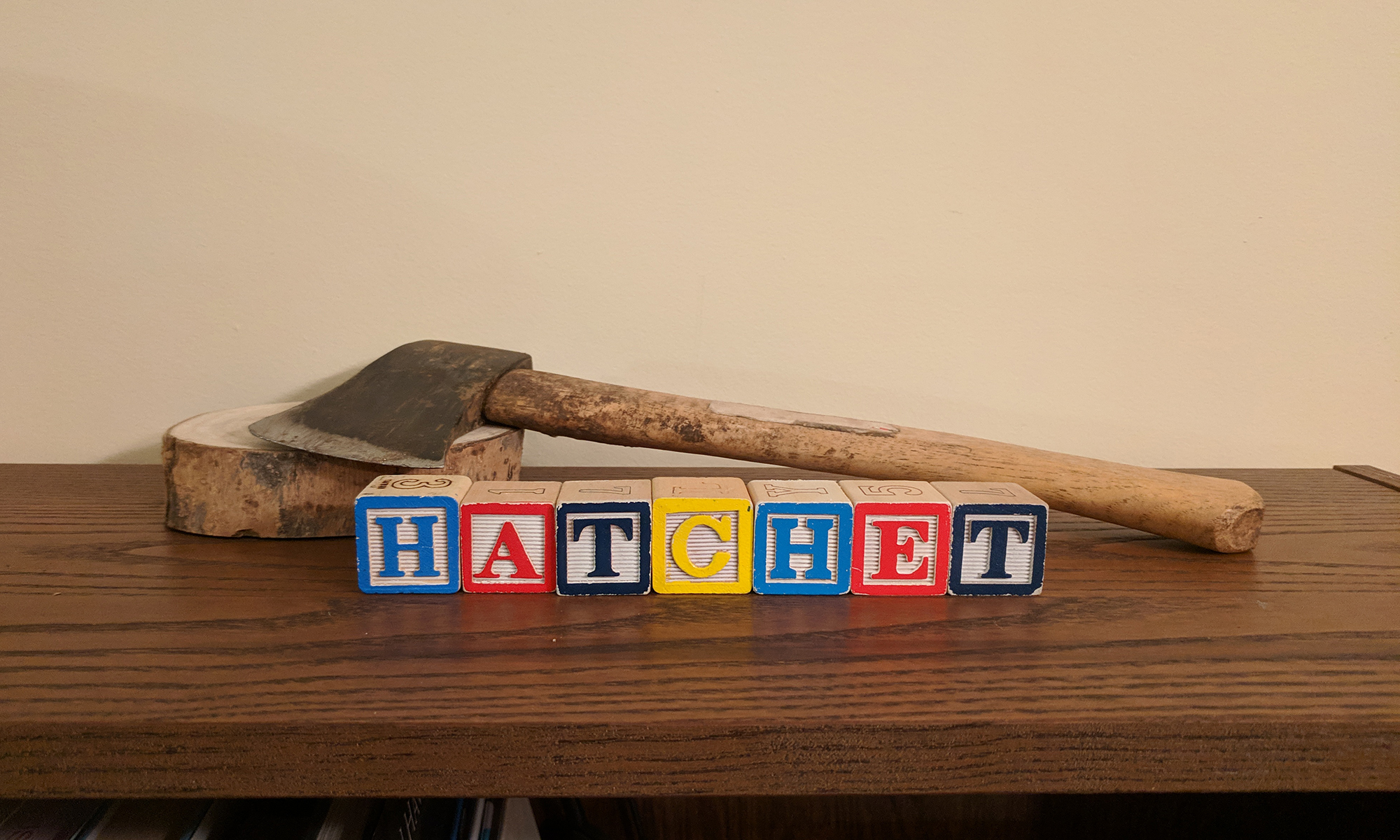This episode covers the themes of survival and forgiveness in Island of the Blue Dolphins by Scott O’Dell. Although these themes are timeless, it also helps to consider them in the context of the Cold War, which was rising to frightening prominence in the years during which O’Dell researched and wrote this book. As a veteran of both world wars, the author would have understood what was at stake if humanity, like Karana, could not learn to forgive mortal enemies and turn them into friends.
Karana would have been unable to survive physically without healing herself emotionally and letting go of those she had lost and her hatred of those who did her great wrong. Somehow, for reasons even she can’t fully understand at first, she does not take revenge when she has the chance. Her acts of empathy allow her to befriend Rontu, the leader of the dogs who killed her brother, as well as Tutok, a girl who is a member of the tribe that slaughtered most of her people. Karana’s ability to not just forgive her enemies but actually learn to love them provides a hopeful example for young readers, whether considered in the book’s Cold War context or the present day.
Activity: Why Did Karana Forgive Rontu?
Ask students to respond to the following prompt. This activity could be completed as a discussion in small or large groups, a brief written reflection, or a full essay.
Karana made a logical plan to kill the wild dogs that had killed her brother. Yet, after she had wounded Rontu, she was unable to finish him off. In fact, she took him home, healed him, and he became her beloved pet. Why do you think Karana held back from killing Rontu? Why do you think she forgave him? Do you think she would have done the same thing if she had had the chance to kill the Aleut who killed her father?


